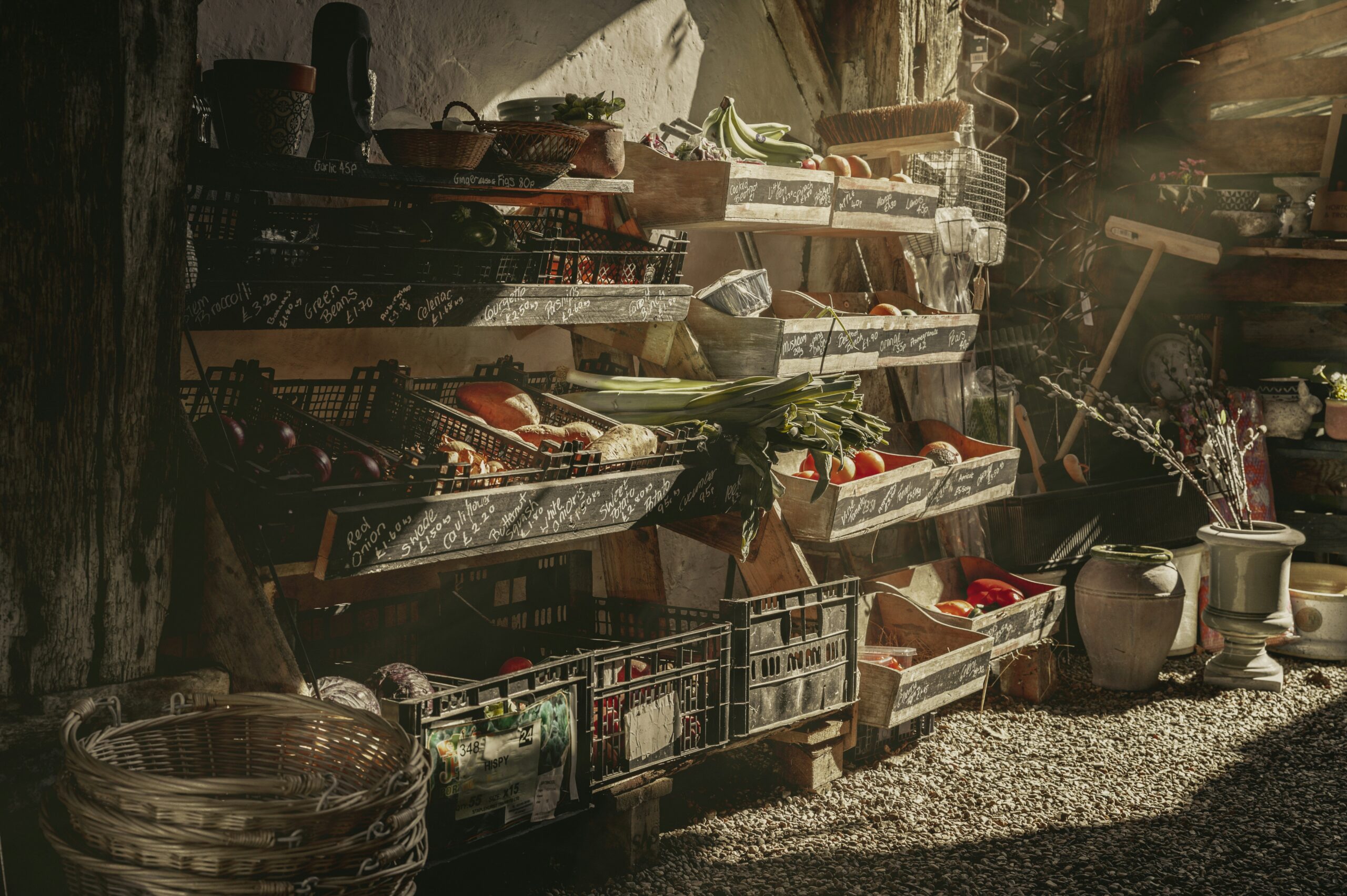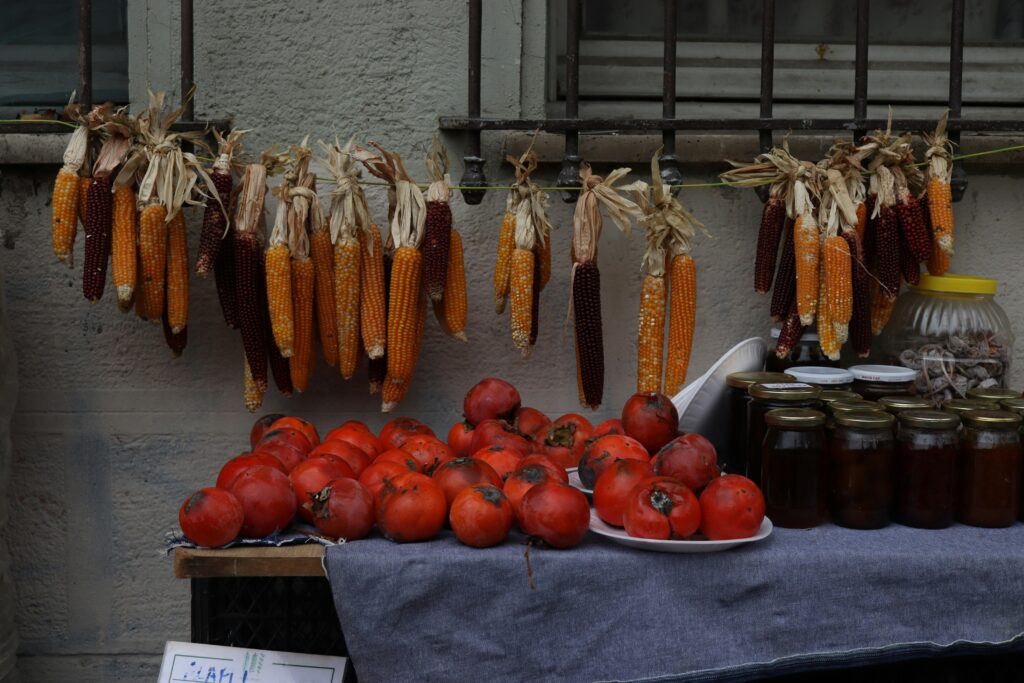Ever stared at your skincare label, squinting through a list of unpronounceable ingredients, and wondered: “Is this really safe?” You’re not alone. Even products marketed as “natural” can still harbor hidden chemicals that harm your skin and the planet. But what if the secret to truly organic beauty starts with something as simple—and unexpected—as chemical-free vegetables?
In this post, we’ll uncover how farming practices impact your skincare routine, show you how to embrace safer ingredients, and guide you toward glowing skin without the guilt. Along the way, you’ll learn about the surprising connection between your salad bowl and your skincare shelf.
Table of Contents
- The Problem with “Natural” Beauty
- How to Incorporate Chemical-Free Vegetables into Your Routine
- Top Tips for Sourcing Organic Ingredients
- Success Stories: Real People, Real Results
- FAQs About Organic and Natural Beauty
Key Takeaways
- Many “natural” beauty products contain synthetic chemicals that may harm your skin and health.
- Chemical-free vegetables like cucumbers, carrots, and spinach are rich in antioxidants and vitamins essential for radiant skin.
- Sourcing organic produce ensures no pesticides or harmful substances contaminate your DIY skincare.
- You don’t need expensive tools—just creativity and clean ingredients!
The Problem with “Natural” Beauty
I once bought a $40 face mask labeled “all-natural,” only to realize later it was packed with parabens and artificial fragrances. Facepalm moment much? Turns out, many brands use vague marketing terms like “natural” without backing them up with actual transparency. The result? Greenwashing galore.
Pesticides from conventional farming methods end up in everything from your dinner plate to your moisturizer. Not chef’s kiss at all. These toxins disrupt hormones, irritate sensitive skin, and wreak havoc on the environment. Yikes.
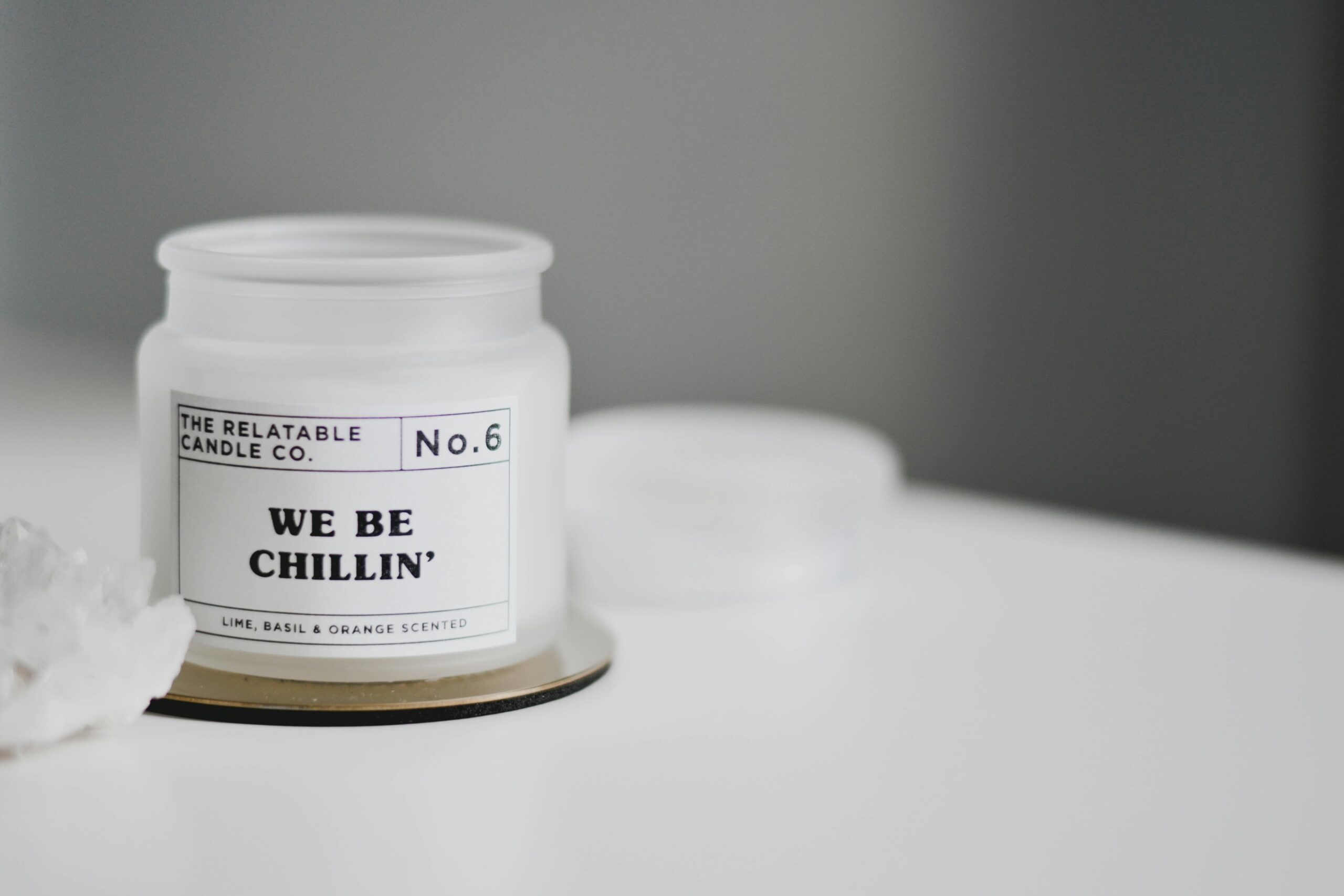
That’s where chemical-free vegetables come in. By swapping out questionable store-bought serums for homemade concoctions using safe, pesticide-free veggies, you take control of what touches your skin.
How to Incorporate Chemical-Free Vegetables into Your Routine
Optimist You: “Let’s make fresh skincare potions!” Grumpy You: “Do I have time for this?” Trust me—it’s easier than trying to figure out TikTok dances.
Step 1: Choose Your Base Ingredient
Start simple. Cucumbers soothe sunburn; avocados hydrate dry patches; turmeric fights inflammation like nobody’s business. Each comes loaded with nutrients perfect for different skin types.
Step 2: Prep Your Produce
Wash thoroughly (preferably with filtered water), then blend or mash depending on your recipe. For example:
- Cucumber + Aloe Vera Gel = Cooling Toner
- Avocado + Honey = Ultra-Hydrating Mask
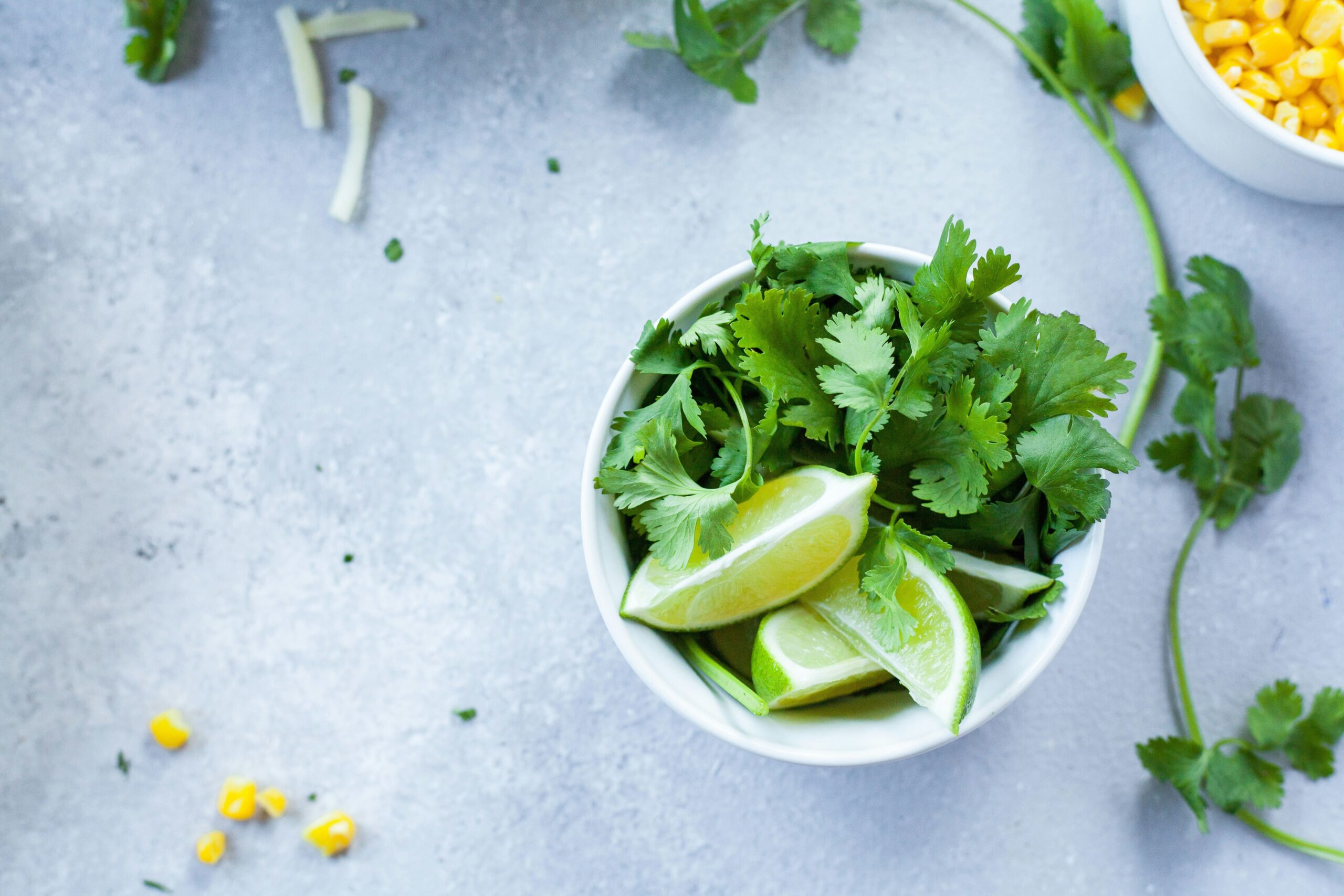
Top Tips for Sourcing Organic Ingredients
- Visit Farmers’ Markets: Local farmers often grow chemical-free veggies. Bonus: You support small businesses while saving your skin!
- Check Labels Carefully: Look for USDA Certified Organic seals when buying pre-packaged greens.
- Grow Your Own: Even apartment dwellers can try balcony gardening. Start with easy plants like mint or parsley.
Pro Tip: If growing sounds overwhelming, buy seasonal veggies. They’re fresher, cheaper, AND free of nasty sprays compared to imported options.
Success Stories: Real People, Real Results
Jane from Michigan swapped her drugstore cleanser for a blend of grated carrots and yogurt. In six weeks, she noticed reduced redness and smoother texture. Meanwhile, Alex in LA swears by his weekly oatmeal-and-spinach mask. No more breakouts, zero regrets.
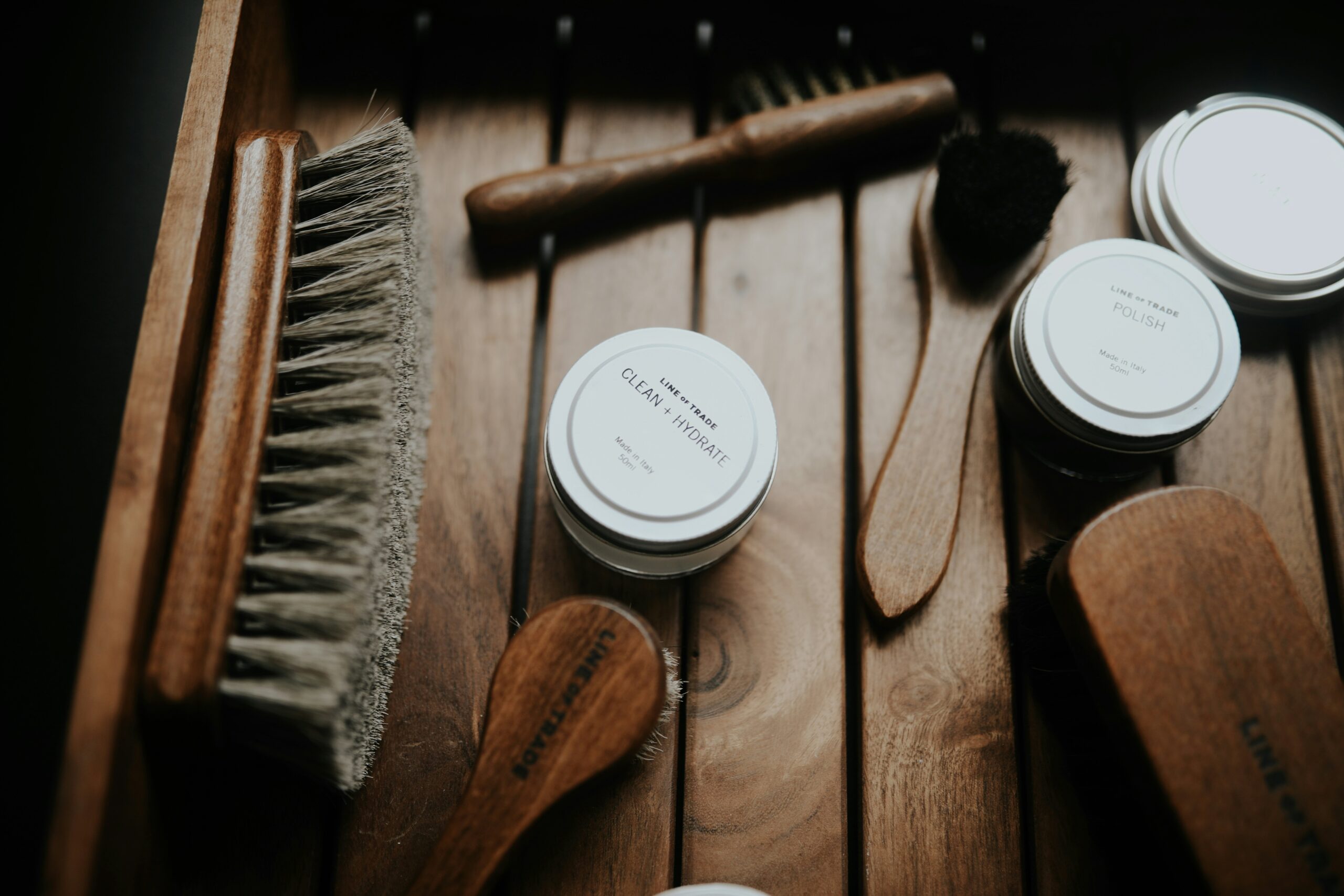
These aren’t flukes—they’re proof that nature knows best.
FAQs About Organic and Natural Beauty
Q: Are DIY masks really better than commercial ones?
Absolutely, IF you source high-quality ingredients. Plus, no plastic packaging = win for Earth.
Q: What about shelf life?
Fresh is best! Use within 1-2 days, stored in the fridge. Think of it as meal prep for your face.
Q: Isn’t this too complicated?
Nope. Worst-case scenario, you mix two things and slap ‘em on. Better than risking toxic junk, right?
Conclusion
Glowing skin doesn’t require sacrificing ethics—or sanity. Swap toxic tubes for tried-and-true chemical-free vegetables. Whether you mash, blend, or simply slather, remember: nature packs more power than any lab. Cheers to cleaner routines, clearer consciences, and oh-so-smooth selfies.
“Like planting seeds, your skincare needs care—but it’s so worth the harvest.” 🌱✨
